
Vitamin & Supplement Brand
Branding & packaging system designed to bring clarity and trust to health-conscious consumers. Minimalist design with high readability ensures essential information like dosage, benefits, and count is instantly understood.

Project Overview
This project focuses on creating a clean, transparent, and cohesive identity for Inner Balance, a vitamin and supplement brand. The aim was to ensure clear communication of benefits and dosage for modern consumers while maintaining a visually minimal aesthetic that builds trust and stands out on the shelf.
Research & Brainstorming
Show thinking → then decisionsSnapshot of leading vitamin brands focusing on minimal labeling, claim hierarchy, and dosage clarity. Notes highlight what improves scannability and what creates confusion.
- Limit front-of-pack to 1–2 primary claims to reduce noise.
- Use minimal benefit icons (bone/shield/bolt) only when they clarify.
- Assign distinct variant colors that pass contrast on black.
Younger health‑conscious shoppers value transparency and speed. They want to confirm dose, benefits, and count at a glance—on mobile and on shelf.
- See dosage instantly (large numerals; consistent placement).
- Read plain-language benefits (no jargon).
- Find count + form in the same spot across SKUs.
Moodboards and quick sketches tested balance between brand expression and minimalism. Iterations reduced decorative elements, amplified essentials, and validated color roles.
- Removed ornament to boost legibility at a glance.
- Used #00C2F1 for functional accents (highlights, dividers).
- Mapped #FE5000 and #23C923 to alternate supplements.
Design Choices
Josefin Regular for a distinctive, modern voice. Subheads use Lato Regular for balance, and body copy uses Lato Light (16px+ on web) for comfortable reading on dark backgrounds.
3–6 explorations showing how the mark holds up at small sizes and on dark backgrounds, emphasizing simplicity and clarity.
Primary palette and secondary accents used for alternate supplements.
Hero compositions of identity and packaging.
Stationery
Business cards, letterhead, and envelopes designed for a minimal, modern brand system. Print specs include stock, finish, and ink coverage for dark themes.
Dielines
Vector dielines with callouts for folds, glue areas, and bleed. Optimized for legibility and efficient production.
Packaging
3D mockups, shelf context, and an unboxing sequence. Labels emphasize dosage numerals, benefit icons, and count consistency across variants.
Sales Sheet & Ads
A one‑pager summarizing product benefits and specs, plus ad variations for print and digital placements.
Website Mockup
A lightweight landing page and PDP concept. Clear typography and short claims reinforce the packaging choices.
- Clear hierarchy and strong contrast at shelf distance
- Consistent placement of dose/benefit/count
- Refine variant color balance across the line
- Further user testing on microcopy clarity
- Designing minimal systems for fast scanning
- Print production constraints on dark substrates

Social Media Posts
A 3×3 grid of Instagram posts/reels covers, using #00C2F1 accents and clear claims for quick scanning in feed.